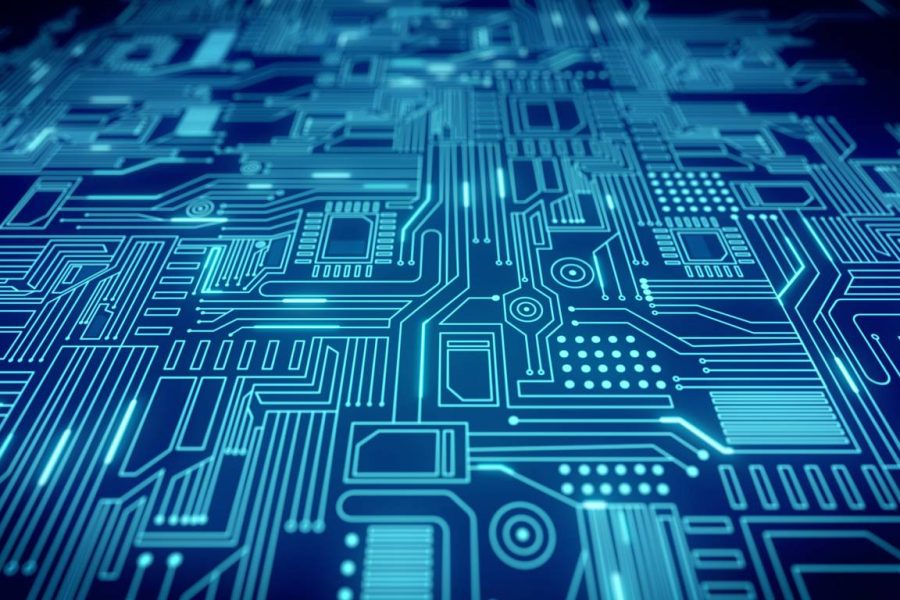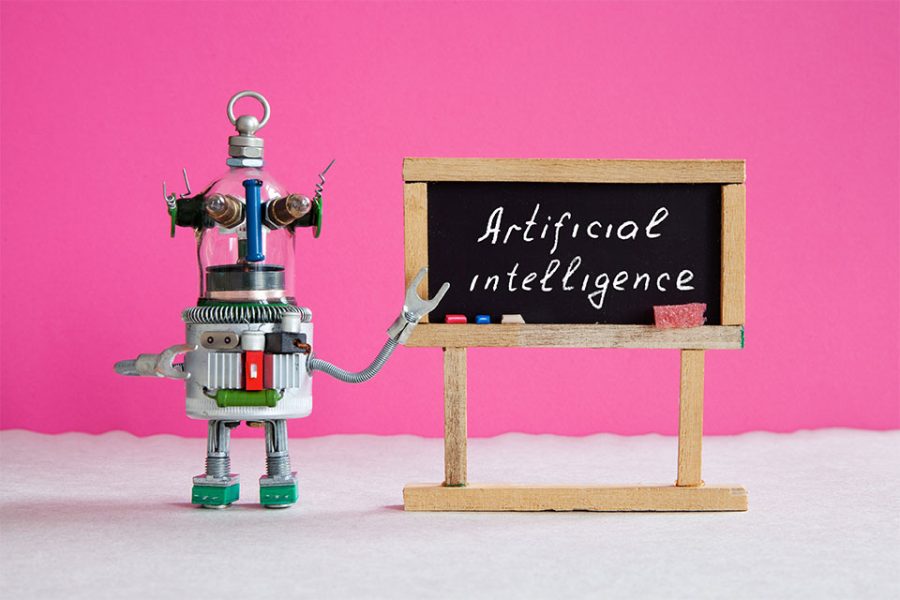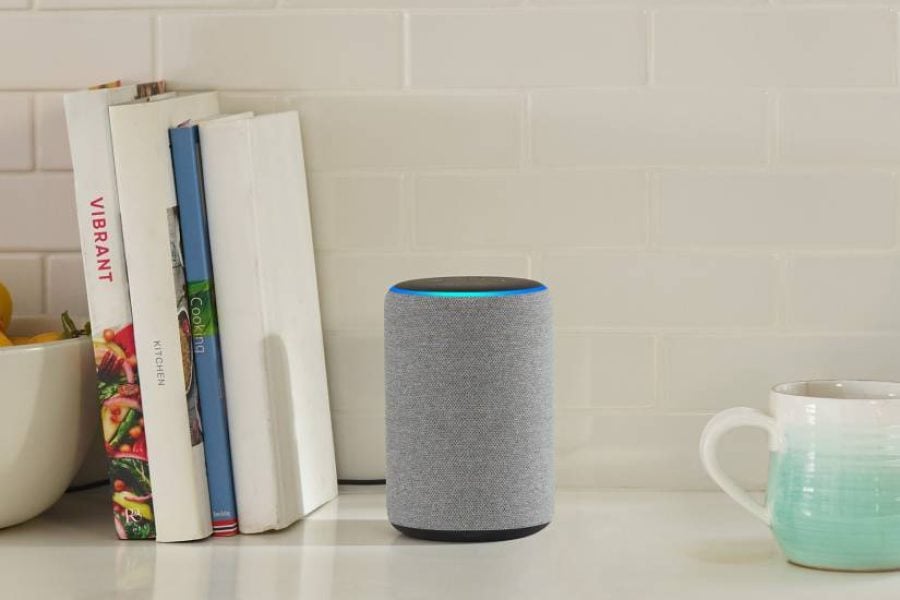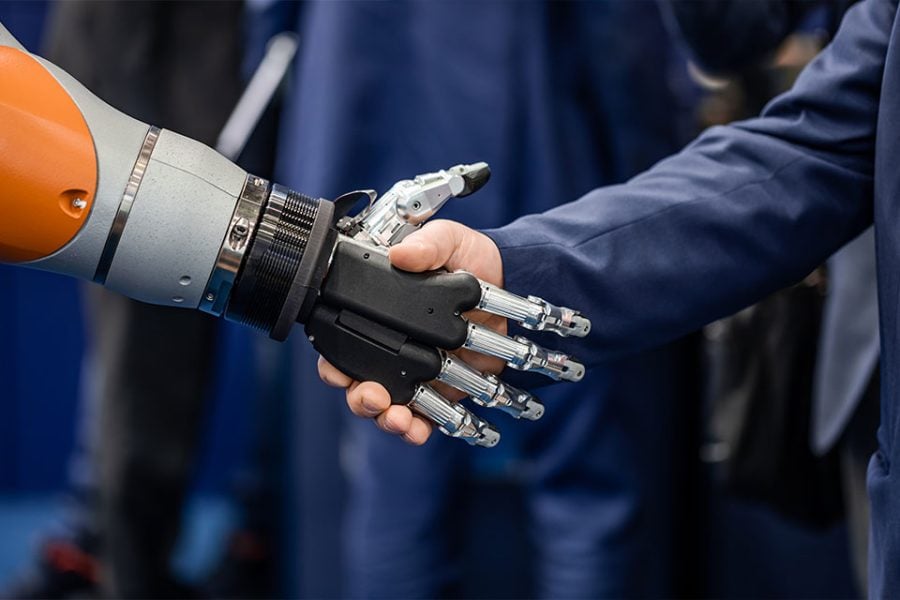The Johns Hopkins Center for Language and Speech Processing (CLSP) is an interdisciplinary research and educational center focused on the science and technology of language and speech. Within its field, the CLSP is recognized as one of the world’s largest and most influential academic research centers. The center conducts research across a broad spectrum of fundamental and applied topics, including acoustic processing, automatic speech recognition, big data, cognitive modeling, computational linguistics, information extraction, machine learning, machine translation, and text analysis.
- Paralinguistic information from speech
- Accented, dialectal and code-mixed speech
- Spoken language understanding
- Machine translation and massively multilingual processing
- Knowledge extraction and representation
- Reasoning on knowledge graphs
- Text understanding









